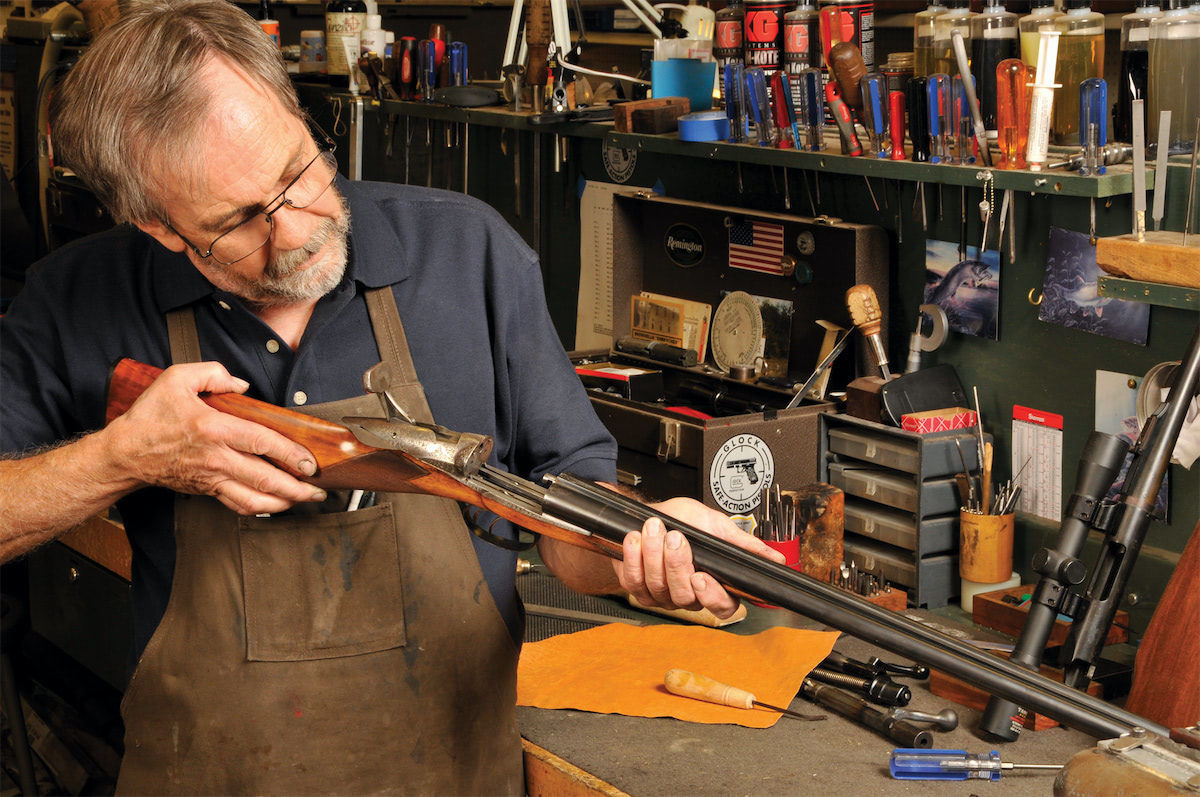Gunsmithing is an ancient craft that combines technical expertise with a deep understanding of firearms. Whether you’re a gun enthusiast looking to enhance your skills or a complete novice interested in learning this fascinating trade, starting gunsmithing safely is of paramount importance. This article will guide beginners on their journey into the world of gunsmithing while emphasizing safety as a fundamental aspect of the craft.
Understanding The Basics
Before you dive into gunsmithing, it’s crucial to grasp the fundamentals of firearms. This includes gaining knowledge about different types of guns, their components, and how they operate. Familiarize yourself with firearm terminology, such as actions, barrels, triggers, and ammunition. Reading books, attending workshops, or taking online courses can help you acquire this foundational knowledge.
Legal Considerations
Before you start gunsmithing, it’s imperative to understand and comply with local, state, and federal laws and regulations governing firearms and gunsmithing activities. Ensure that you have the necessary permits, licenses, and background checks required in your jurisdiction. Ignorance of the law is not an excuse, so consult with legal experts or authorities to ensure you are in full compliance.
Safety First
Safety should be your top priority when beginning gunsmithing. Firearms are inherently dangerous, and mishandling them can result in serious injury or death. The following are some crucial safety precautions to take:
- You should never assume a weapon is empty; instead, you should always handle it as if it were loaded.
- Always maintain the muzzle pointing in a safe direction.
- Until you’re ready to shoot or verify the function, don’t touch the trigger.
- Ensure that the firearm is unloaded and the chamber is clear before working on it.
- Use appropriate safety equipment, such as safety glasses and hearing protection.
- Work in a well-ventilated area to minimize exposure to fumes from cleaning solvents or chemicals.
Educational Resources
To gain practical skills and knowledge, seek out educational resources and training opportunities. Consider enrolling in gunsmithing courses at a reputable institution like https://americangunsmithinginstitute.net or taking online courses tailored to beginners. Many experienced gunsmiths also publish instructional books and videos that can be valuable learning tools.
Invest In Quality Tools
One of the key aspects of gunsmithing is the use of specialized tools. To get started safely and effectively, invest in quality gunsmithing tools. These may include screwdrivers, pin punches, torque wrenches, gunsmithing hammers, and a gun vise. Making ensuring you have the correct equipment for the work is important for safety reasons, but it also helps you get professional results with more precision.
Hands-On Experience
Theory is essential, but hands-on experience is where you truly learn the art of gunsmithing. Start with simple projects, like disassembling and reassembling firearms under the guidance of an experienced mentor. Practice makes perfect, and gradually, you’ll become more proficient in tasks like trigger jobs, barrel threading, and stock refinishing.
Safety Protocols In The Workshop
When dealing with firearms, it is critical to provide a safe working environment. Here are some additional safety protocols to follow:
- Store firearms securely when not in use, preferably in a locked safe or cabinet.
- Keep your workspace clean and organized to minimize the risk of accidents.
- Avoid distractions while working on firearms.
- Keep detailed records of all your gunsmithing activities, including serial numbers, dates, and descriptions of work performed.
Seek Guidance And Mentorship
Mentorship can be invaluable for beginners. Finding an experienced gunsmith willing to guide and teach you can accelerate your learning curve while ensuring safety and best practices. Networking with fellow gun enthusiasts and joining gunsmithing associations can help you connect with potential mentors.
Patience And Continuous Learning
Gunsmithing is a skill that takes time to develop. Be patient with yourself and don’t rush through projects. Gaining experience will make you more competent and self-assured. Stay up-to-date with industry developments, new techniques, and safety protocols by attending workshops, seminars, and reading publications related to gunsmithing.
Conclusion
Gunsmithing for beginners can be an exciting and rewarding journey. However, it’s essential to prioritize safety and adhere to legal regulations throughout your learning process. With the right tools, knowledge, and mentorship, you can develop the skills necessary to maintain, repair, and even customize firearms while ensuring the utmost safety for yourself and others. Remember that continuous learning and practice are key to becoming a skilled and responsible gunsmith.










